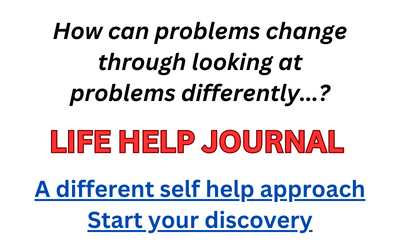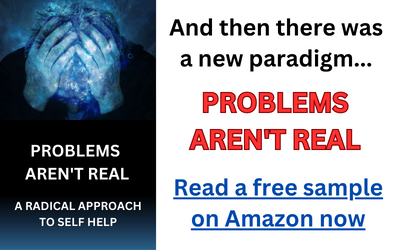I have a clear recollection of two encounters, with different people, both of whom were paraplegic (inability to move their legs) and were confined to a wheelchair. The first encounter happened when I was on a popular walking path near my home. As I was walking the path a woman in a wheelchair came towards me. I noticed that the woman seemed quite radiant and happy.
As she moved past she looked at me and smiled, very nicely, and then continued on her way. I thought of her for some time after, and I admittedly was impressed that someone confined to a wheelchair could have such a positive energy about them. This, of course, spoke to my own bias at the time about the nature of life, and how life would be affected by something like being in a wheelchair.
The second encounter happened as I was waiting for a train. The door to a train that I wasn’t waiting for opened, and I saw a young man in a wheelchair parked near the door. The young man’s face was fixed and hard, he stared downwards, he had on earphones, and seemed to want no part of anyone — including himself. I thought of him for some time after too, and I contemplated how he ended up in a wheelchair and how painful life had become for him.
Now I want to ask you a question, and I’d like you to consider it carefully. The two people I encountered were both, essentially, in the same circumstances. What explains the difference in outlook and energy between them?
The answer is thinking. One person was engaging negative thinking; the other wasn’t.
If you want to find genuine peace and happiness, no matter what your life circumstances may be, you must understand the absolute correlation between your thinking and your emotional outlook. Even more specifically, you must understand that engaging negative thinking causes emotional pain and suffering.
It is not the circumstances of your life that cause you to suffer; it is the thoughts about your life that you latch on to, or accept as truth, that cause you to suffer.
It really doesn’t matter that negative thinking comes into your awareness; negative thinking comes into everyone’s awareness at some point or another. What does matter is whether you attach to the negative thinking or whether you stand back from negative thinking and let it come, and then let it go again.
Let me say this again because it is an exceptionally important insight: Everyone thinks negatively at times. The people who latch on to their negative thinking, who accept it as truth or dwell upon it, become miserable. The people who, more or less, let their negative thinking pass and even ignore it altogether don’t become miserable.
Is it really this simple? It really is.
Some readers may think all of this is easy for me to say. After all, I don’t have any significant mobility limitations to speak of. But the fact that I’m not presently immobile doesn’t matter. What matters is whether my supposition of what causes suffering is true. I can say it is, and have said so, but does that make it true for you?
If you’re open to it, get into the habit of listening to and observing your thinking. Everyone has the ability to do this. Listen to what your thinking says and observe your reaction to this mental chatter. The very act of consciously observing your thinking, rather than unconsciously engaging it, will take a good deal of the charge out of your thinking; and if you keep it up you will come to notice that you feel significantly better.
Another option is to actively change your thinking. This is to say you can monitor your mental stream and when you hear something negative, something that makes you feel badly, you can replace it with thinking that’s more positive.
(Learn more about watching your thinking Here; learn more about changing your thinking Here.)
Of course physical paralysis is not something inherently wonderful. It is a great challenge, like various other things in life. But if you are dealing with paralysis and blame this for your painful emotional state then you really are looking in the wrong place. Take a look at your thinking instead.
There’s the real cause.

